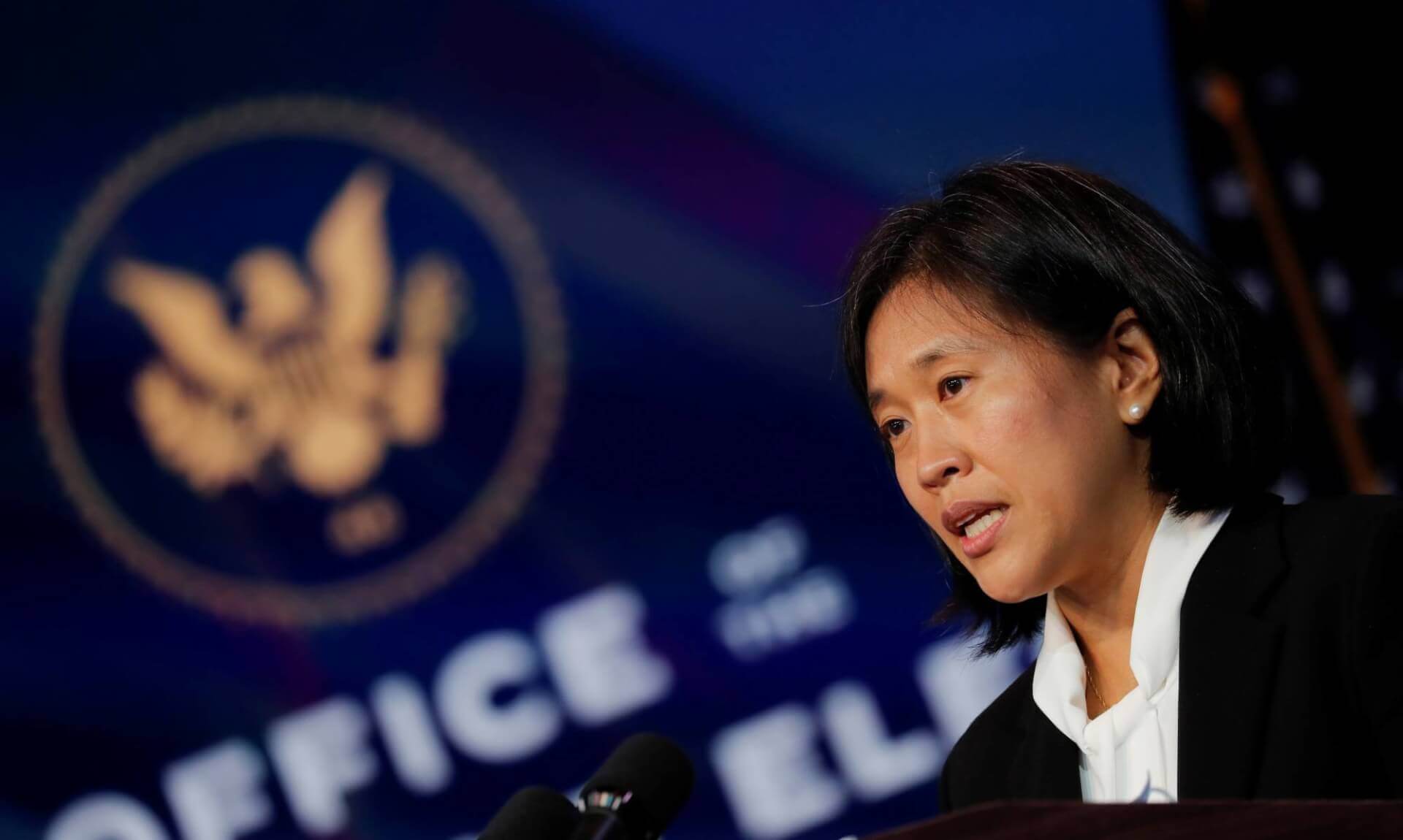Last Thursday, newly-appointed United States (US) Trade Representative Katherine Tai met with Kenyan Minister of Industrialisation, Trade, and Enterprise Development Betty Maina to discuss a mutually agreeable path forward for bilateral trade relations.
In a statement released by the Office of the US Trade Representative, it was noted that the pair “discussed the bilateral trade negotiations conducted under the previous administration” and that Tai “highlighted her ongoing review of the negotiations to ensure that any agreement aligns with the Biden-Harris administration’s Build Back Better agenda.” Furthermore, both Tai and Maina “agreed on the shared priority of supporting African integration and maintaining a sustained dialogue about key issues.”
Amid China’s rapidly expanding footprint in Africa, the US is seeking to sign its first free trade agreement (FTA) with a sub-Saharan African country, which, as in the case of the United Kingdom (UK), could pave the way for similar agreements to be signed with other countries across the region.
Building on the efforts of the Trump administration, the Biden administration is keeping an eye on the impending expiration of the Africa Growth and Opportunity Act (AGOA), which is set to end in 2025. The current deal allows sub-Saharan African countries to export a whole host of goods to the US without the imposition of tariffs or quotas. At present, bilateral trade between the US and Kenya stands at around $1.08 billion.
Tai and Maina’s conversation came just a little over two weeks after the former was sworn in as the USTR Ambassador. In fact, she previously served within the office of the USTR from 2007-2014, and her most recent role in the office was as Chief Counsel for China Trade Enforcement.
Under the Trump administration, Washington made efforts to replace the AGOA with a new deal that would: offer more unhindered access to multiple sectors in the Kenyan economy; remove tariffs on American agricultural products; and the open up of Kenya’s maritime, textile, telecommunications, and financial services sectors to US investors.
At the time, however, Kenyan negotiators expressed concerns that such a deal could ‘cripple’ the agriculture and manufacturing sectors, arguing that local farmers would find it difficult to compete with heavily subsidised US agricultural products.
These concerns largely stem from the fact that Kenya is far more dependent on the US than vice-versa. This proposed accord would further reduce its already limited bargaining power. The US represents Kenya’s third-largest export destination, but Kenya is only the 98th largest trade partner for the US.
Nairobi also voiced its opposition to efforts by major American oil companies—including Shell, Exxon, Total, DuPont, and Dow—to lobby the Office of the United States Trade Representative to pressure Kenya into removing obstacles to dumping plastic waste in the African country. Kenya said that this would violate a commitment it made in 2017 to ban the use, manufacture, and import of plastic bags.
It is thought that the more environmentally friendly policies of the Biden administration could allay some fear of plastic dumping. However, Nairobi’s concerns about the impact of an FTA on its domestic industry are likely still prevalent.
US Trade Representative Tai Meets Kenyan Trade Minister Maina for FTA Negotiations
Amid China’s rapidly expanding footprint in Africa, the US is seeking to sign its first free trade agreement (FTA) with a sub-Saharan African country.
April 6, 2021

Newly-appointed United States Trade Representative Katherine Tai SOURCE: REUTERS
